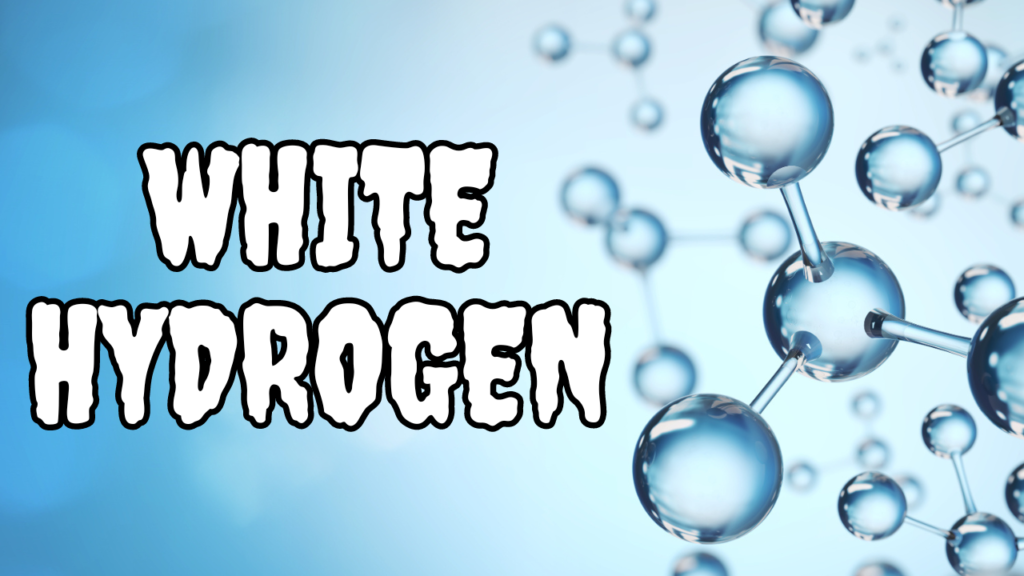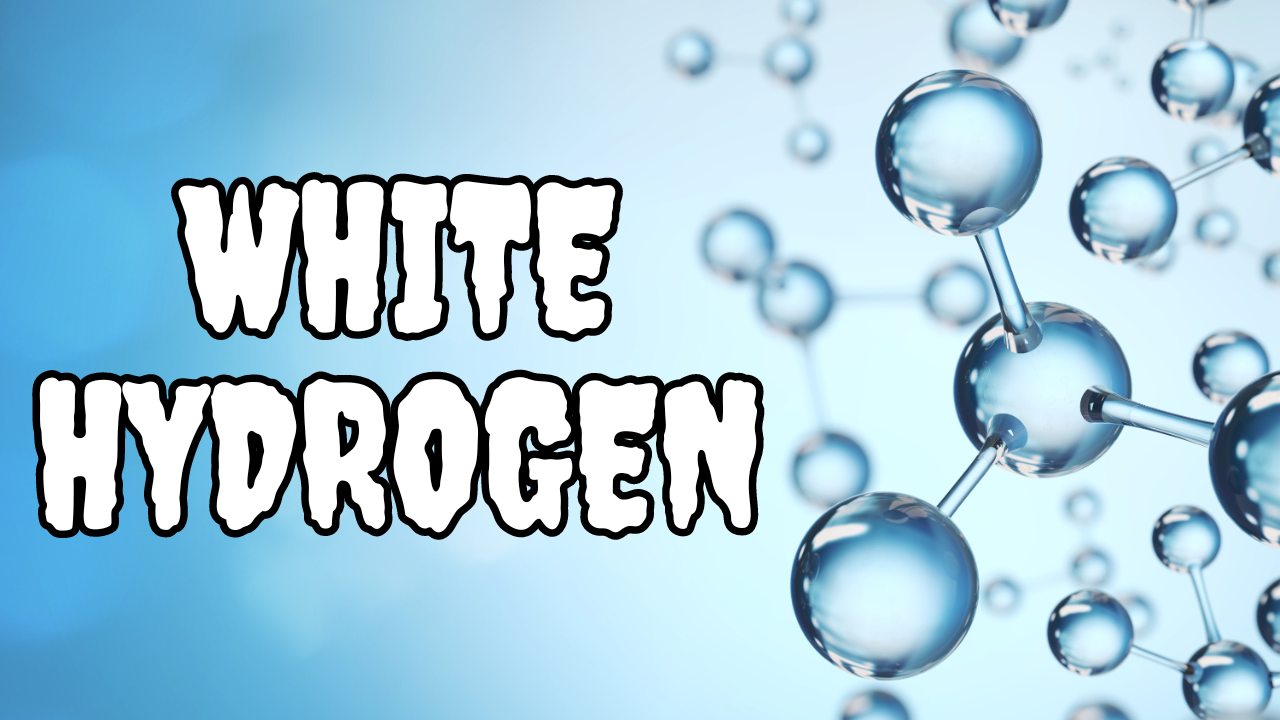Scientists Say the Clean-Energy Gas Could Save the World.
Hydrogen power is an exciting form of clean energy. However, hydrogen typically needed to be produced in a lab. White hydrogen, a newly identified hydrogen source, could eliminate the need for lab production.
Discovery of White Hydrogen

Jacques Pironon and Phillipe De Donato, directors of research at France’s National Centre of Scientific Research, found a deposit between 6 million to 250 million metric tons of white hydrogen, or naturally occurring hydrogen gas. White hydrogen is relatively new to scientists. A study in 2018 that analyzed a well in Mali producing 98% hydrogen gas brought the resource to the attention of the scientific community.
What is White Hydrogen and Why is it Special?
Hydrogen energy is not a new idea – it only produces water when burned, making it an environmentally friendly energy source. But until recently, scientists thought mass amounts could only be produced in a lab. “If you had asked me four years ago what I thought about natural hydrogen, I would have told you, ‘Oh, it doesn’t exist,'” Geoffrey Ellis, a geochemist with the US Geological Survey.
And turns out, Ellis would’ve been wrong. White hydrogen refers to naturally occurring hydrogen. Its “color” indicates its origin: it is naturally produced in the Earth’s crust.
Different Types of Hydrogen
Other “shades” of hydrogen are produced in a lab. They include green hydrogen, which is made from electrolysis, the process of splitting water into hydrogen and oxygen, and gray hydrogen, which is made from methane gas.
While hydrogen is the most abundant element, it is usually attached to other molecules — making the lab production process necessary. However, separating hydrogen is energy-intensive and typically powered by fossil fuels.
White Hydrogen’s Potential
Because it doesn’t require any of these energy-intensive processes, climate experts say white hydrogen could be our saving grace. It’s also cheaper: white hydrogen is estimated to cost about $1 per kilogram to produce, while green hydrogen costs about $6 per kilogram.
Several start-ups are already exploring how to commercialize white hydrogen. Ellis said that speed is vital to ensure white hydrogen can help curb the climate crisis.
But Zgonnik said he’s hopeful about the turnaround time. “We have all the necessary technology we need, with some slight modifications.”
The Urgency of Climate Change
The discovery of the largest-known white hydrogen deposit yet comes just months after the hottest summer on global record came to an end a concerning milestone for climate researchers and activists.
Conclusion
In conclusion, white hydrogen represents a promising shift in clean energy production. Its natural occurrence, cost-efficiency, and environmental benefits make it a compelling solution in the fight against climate change. As the urgency of addressing climate issues intensifies, the discovery of this vast white hydrogen deposit offers hope for a greener future.
FAQs
